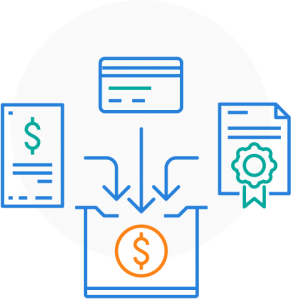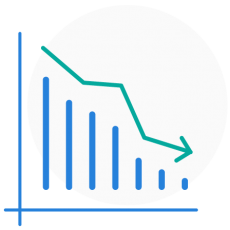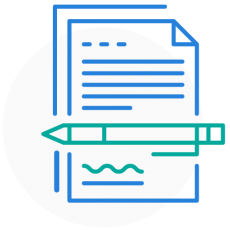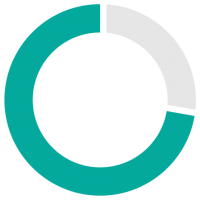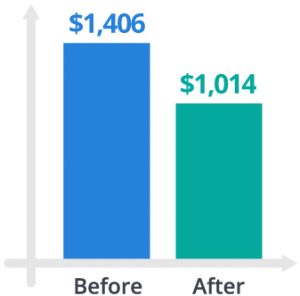Consolidation is a strategy to streamline finances, making it easier to manage financial obligations. As with all debt relief strategies there are pros and cons. Understanding the strategy, and sticking to the plan, can result in positive outcomes.
The main factor in successful debt relief, regardless of strategy, is the improvement in behavior towards money (financial skills).
Consolidation is a good idea when your monthly bills have been simplified, repayments reduced, and there is a real short and long term benefit to you. Debt consolidation is therefore a popular relief and reduction strategy.




